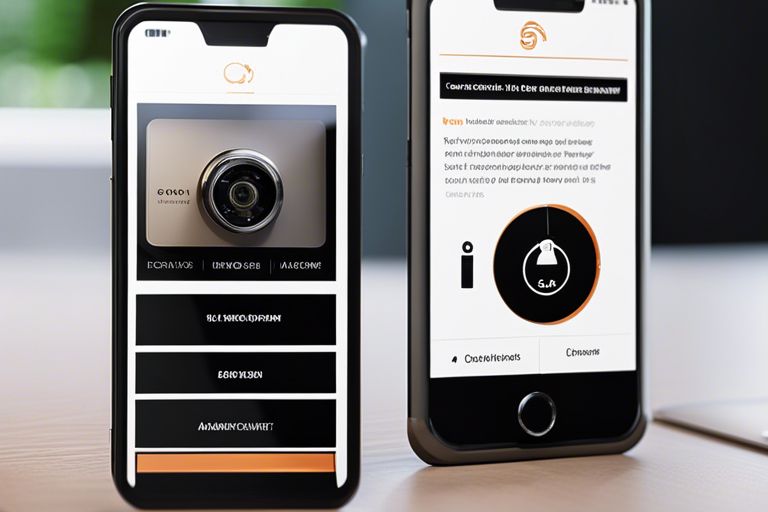Social engineering attacks have become increasingly common in today’s digital world. These attacks involve manipulating individuals to gain unauthorised access to sensitive information or systems. This blog post will discuss practical strategies to protect yourself from social engineering attacks.
1. Be Aware of Common Social Engineering Techniques
Understanding social engineers’ standard techniques is the first step in protecting yourself. Some traditional methods include phishing emails, pretexting, baiting, and tailgating. By familiarising yourself with these techniques, you can be more vigilant and less likely to fall victim to them.
2. Think Before You Click
One of the most common ways social engineers access personal information is through malicious links. Before clicking on any link, carefully review the source and consider whether it is legitimate. Hover over the link to see the URL; if it looks suspicious, do not click on it.
3. Be Skeptical of Unsolicited Requests
Social engineers often pose as trustworthy individuals or organisations to gain your trust. Be sceptical if you receive an unsolicited request for sensitive information or money. Verify the request’s legitimacy through a separate and trusted channel before providing any information.
4. Use Strong and Unique Passwords
Using strong and unique passwords for all your online accounts is essential in protecting yourself from social engineering attacks. Avoid using easily guessable passwords, and consider using a password manager to store and generate strong passwords securely.
5. Keep Your Software Up to Date
Outdated software can have vulnerabilities that social engineers can exploit. Regularly update your operating system, web browsers, and other software to ensure you have the latest security patches.
6. Educate Yourself and Your Team
Education is critical in preventing social engineering attacks. Stay updated on the latest social engineering techniques and share this knowledge with your friends, family, and colleagues. By raising awareness, you can collectively strengthen your defence against these attacks.
Conclusion
Social engineering attacks are a severe threat in today’s digital landscape. By being aware of standard techniques, thinking before clicking, being sceptical of unsolicited requests, using strong passwords, keeping your software up to date, and educating yourself and your team, you can significantly reduce the risk of falling victim to these attacks. Remember, prevention is always better than cure regarding social engineering.






